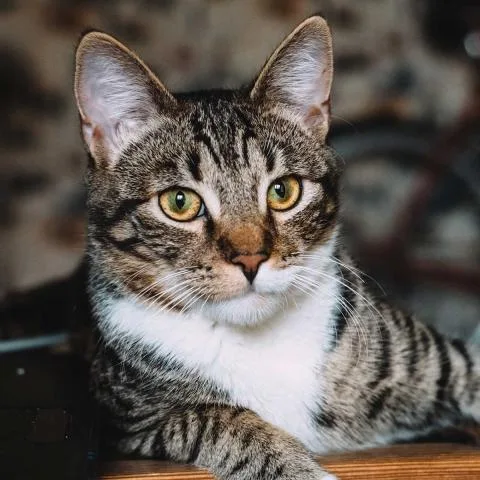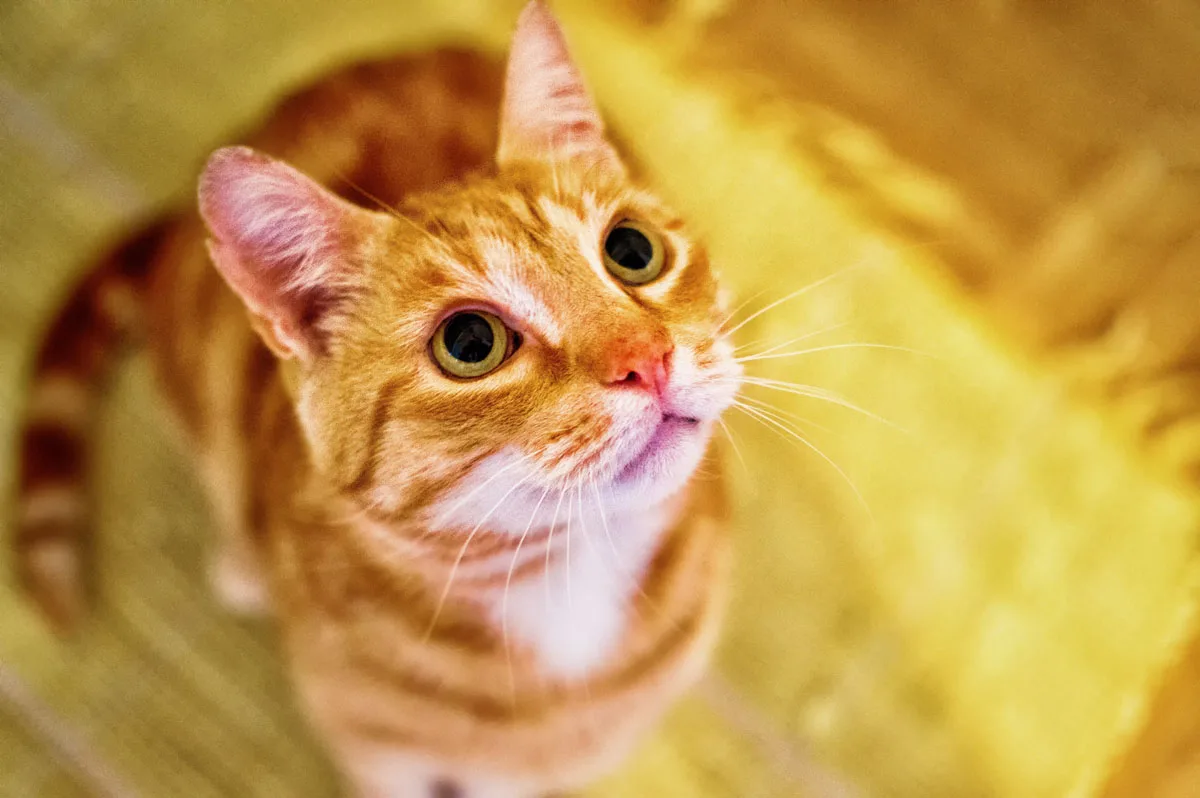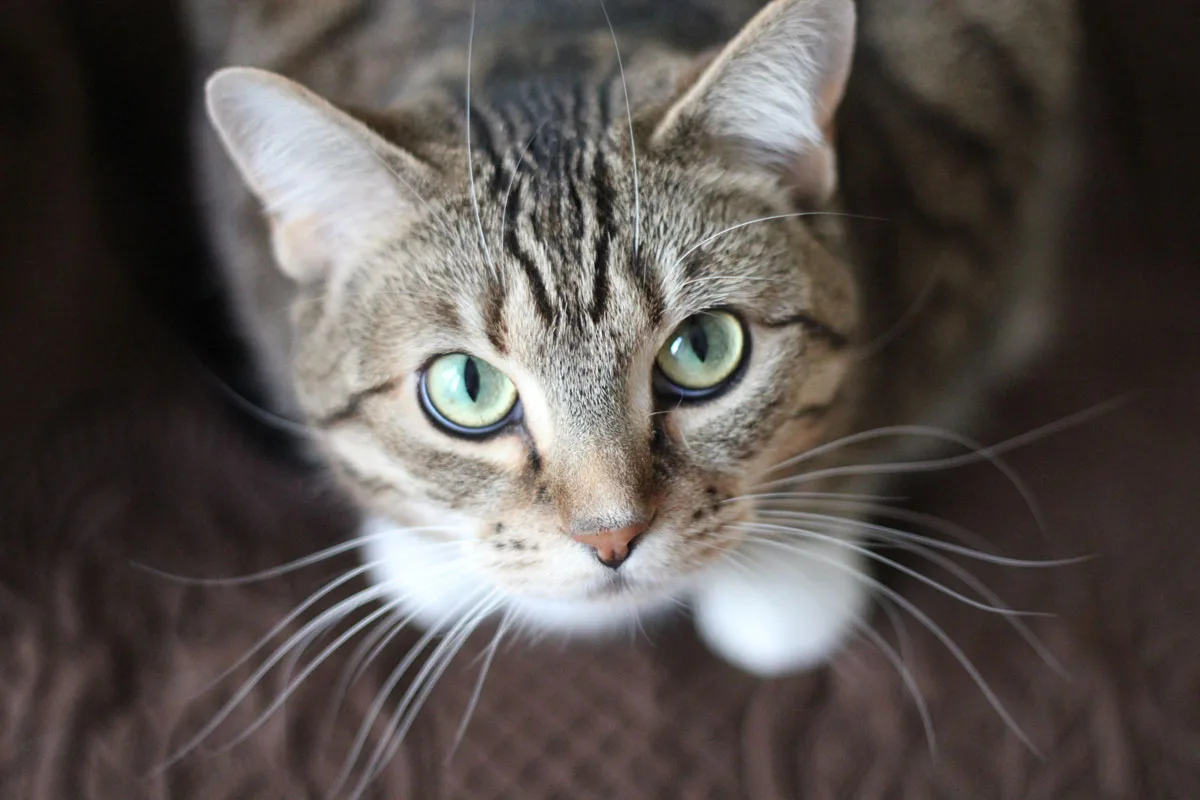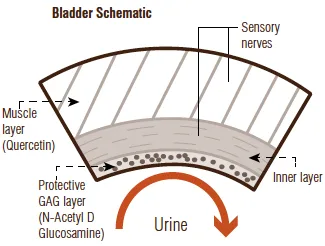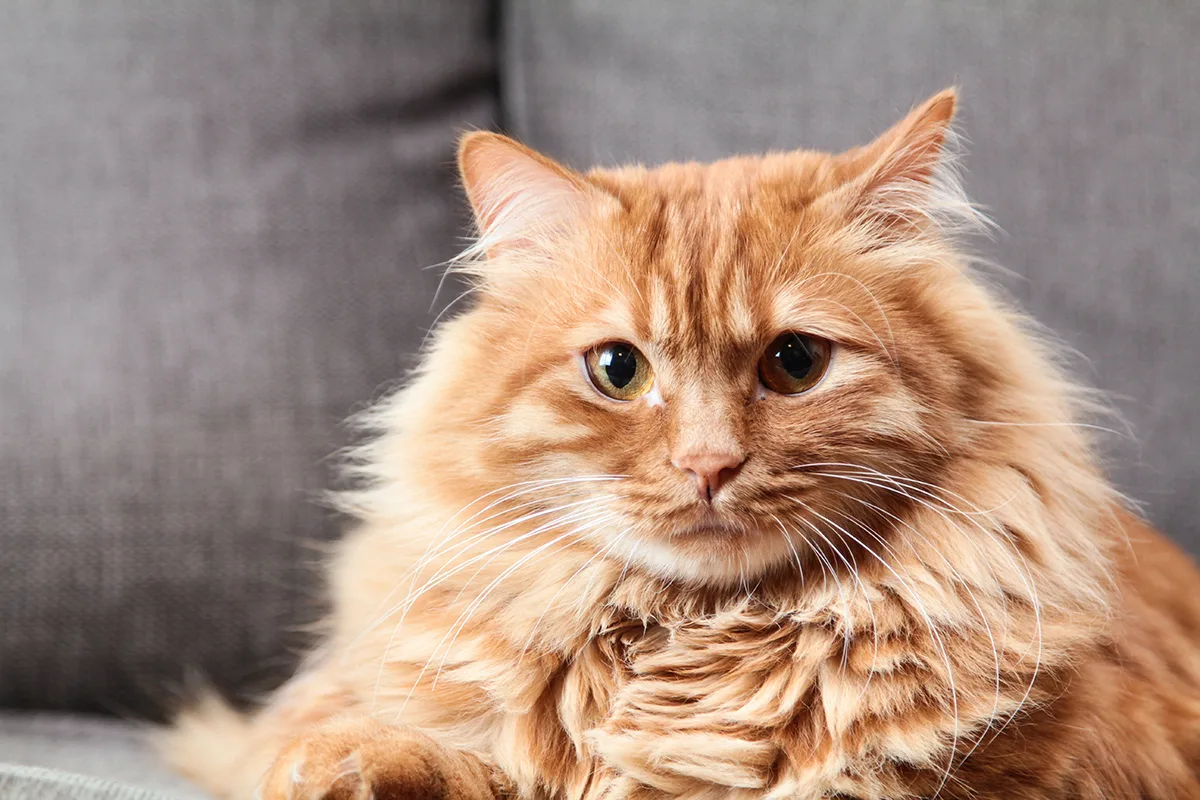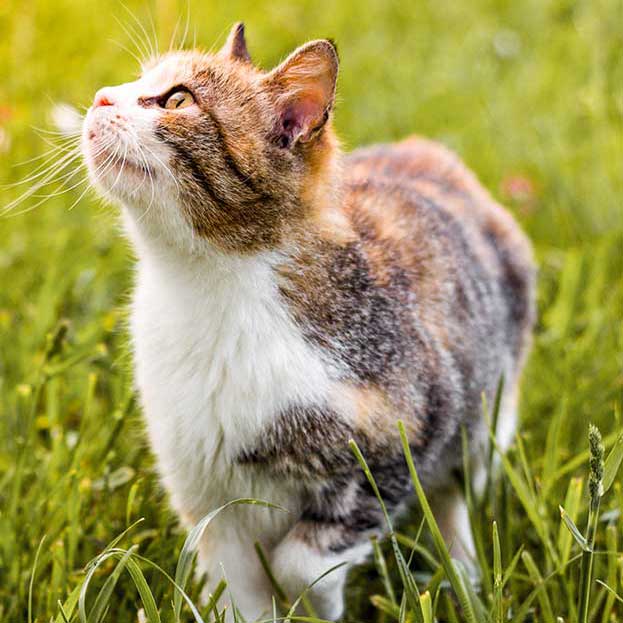
N-Acetyl D-Glucosamine for dogs and cats is a key ingredient for urinary tract health.
N-Acetyl D-Glucosamine offers structural support to the bladder lining acting as a natural barrier to protect the underlying urinary tract layers.
It is an amide derivative of the monosaccharide glucose. It is a secondary amide between glucosamine and acetic acid. N-Acetyl D-glucosamine is a chemical that comes from the outer shells of shellfish, but it can also be made in a lab. It’s not to be confused with other forms of glucosamine such as glucosamine hydrochloride or glucosamine sulphate as they may not have the same benefits to your pet.
N-Acetyl D-Glucosamine has been research specifically for urinary tract health in cats. Research has established that cats who are prone to cystitis have low levels of glucosamine in the blood plasma and urine.
N-Acetyl D-Glucosamine for urinary tract health in cats and dogs
Urinary tract health in dogs and cats is a common reason for pet owners to visit the vets, but its cause if often unclear. However, changes in their routine or environment can lead to stress which is recognised as a common cause. Many vets now use a more holistic approach to aiding urinary tract health by incorporating the use of dietary, behavioural and nutraceutical products.
A large proportion of the bladder’s protective layer is made up of Glycosaminoglycans (GAGs). These GAGs prevent the bladder walls from the irritating effects of urine and nutritional supplementation. With N-Acetyl D-Glucosamine strengthens this GAG layer and reduces discomfort. The addition of the unique phyto-extract, Quercetin, is designed to support the cat’s natural systems that control inflammation.
If you are looking for a N-Acetyl D-Glucosamine supplement for cats and dogs, Nutracys+ is recommended by thousands of vets throughout the UK and Ireland.
Nutracys+ has been developed by vets using a unique combination of scientifically proven natural ingredients. Nutracys+ contains a unique triple action combination of N-Acetyl D-Glucosamine, Quercetin and L-Trytophan to aid healthy urinary tract function in cats and dogs.

